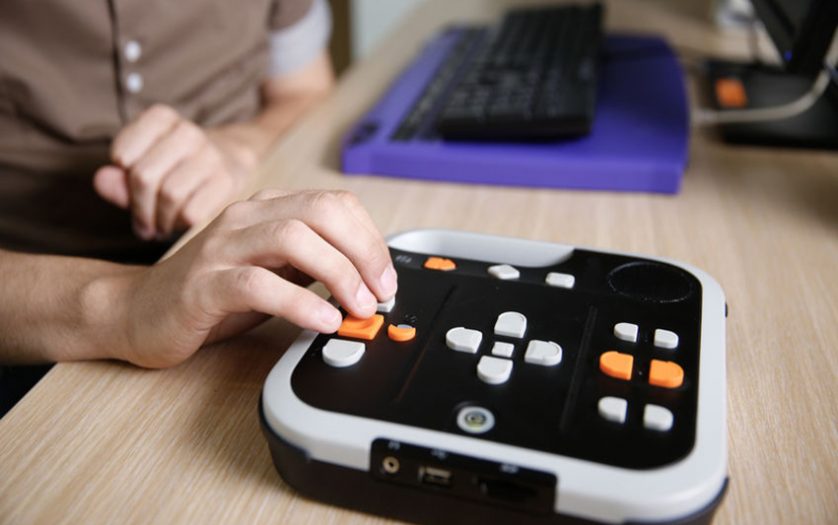
Australians with disabilities are at risk from the impacts of climate disasters and emergencies such as bushfires, floods and pandemics because not enough resources are put towards accessible crisis communications, according to new research.
The report, ‘Better acknowledging and resourcing the information accessibility sector in Australia’, brings to light the challenges faced by persons with disabilities in accessing timely, accurate and up-to-date accessible information in times of crisis – for example, information in Auslan, captions, Easy Read, Easy English and Braille. For an estimated 4.4 million Australians with disabilities, this lack of accessible information can have life and death consequences.
The research, which was conducted by the UNSW Centre for Social Impact in collaboration with partner organisation IDEAS Disability Information, and funded by the UNSW Disability Innovation Institute, draws on interviews/workshops with 17 accessible information provider organisations.
The aim of the research was to understand how providers operate when making accessible crisis information, the lessons learned from recent crises, and the barriers they face. Findings from the research reveal that during recent emergencies these providers were under-resourced to deal with the escalation in information needs.
“The last several years of pandemic, bushfires and floods have shown that accessible crisis information really matters for people with disability,” lead author Dr Ariella Meltzer of the UNSW Centre for Social Impact said.
“But these years have also shown that the conditions aren’t yet right for accessible information providers to easily deal with the amount of high-quality accessible crisis information that people with disability may need into the future.”
Researchers found that the experience of providers reflects systemic challenges, and that practical policy and resourcing changes need to happen.
The report recommended creating clearer and more comprehensive national legislation, clearly outlining what kinds of accessible information are required and when and how this should be made. It also recommended better resourcing of accessible information provider organisations, including with funding that automatically expands at times of crisis.
In addition, it gave some practical ideas for addressing the challenges of making accessible information in a crisis:
- Establishing a direct source of information to facilitate the translation of critical updates into accessible formats.
- Collaboration with subject matter experts to check medical and safety details to ensure the accuracy and relevance of accessible crisis information.
- Proactive measures to invest in the growth and stability of accessible information provider organisations long before a crisis occurs.
- Additional upskilling of other agencies, such as emergency services, to enable them to directly provide more accessible crisis information in a timely manner.
The report is significant considering data that shows 2023 was the world’s hottest year on record, with Australia having endured some of its worst heatwaves.
“We know that disaster events are likely to get more common and more intense due to climate change, so getting the conditions right for the best quality accessible crisis information to be out there for people with disability will be increasingly important,” Dr Meltzer said.
The report urges a collective effort from media organisations, businesses, designers, and service providers to prioritise accessible information and support the needs of the disability community during emergencies.








